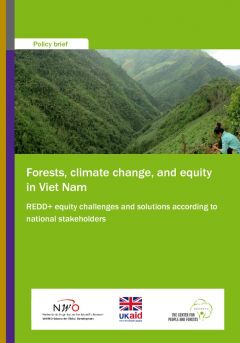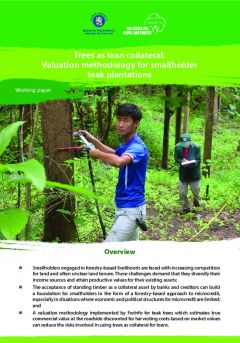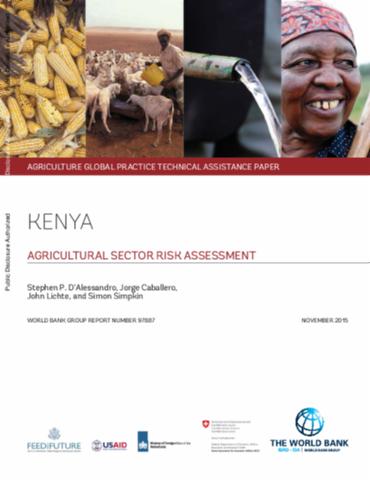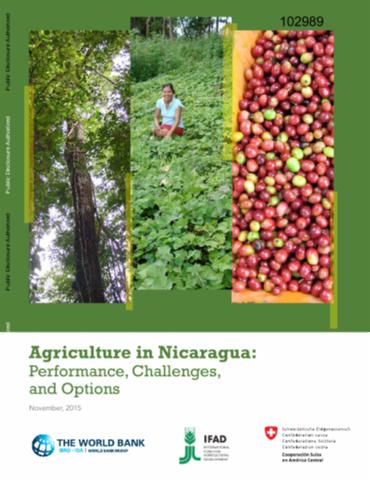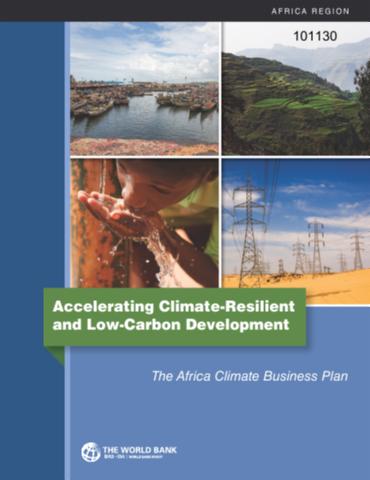Forests, Climate Change, and Equity in Viet Nam: REDD+ Equity Challenges and Solutions According to National Stakeholders
Equity has featured prominently in international climate change discussions since the establishment of the United Nations Framework Convention on Climate Change (UNFCCC) in 1992. Looking forward, equity is expected to be of even greater relevance in this year’s hoped for landmark climate agreement, to be finalized at the 21st Conference of the Parties (COP21) in Paris.

